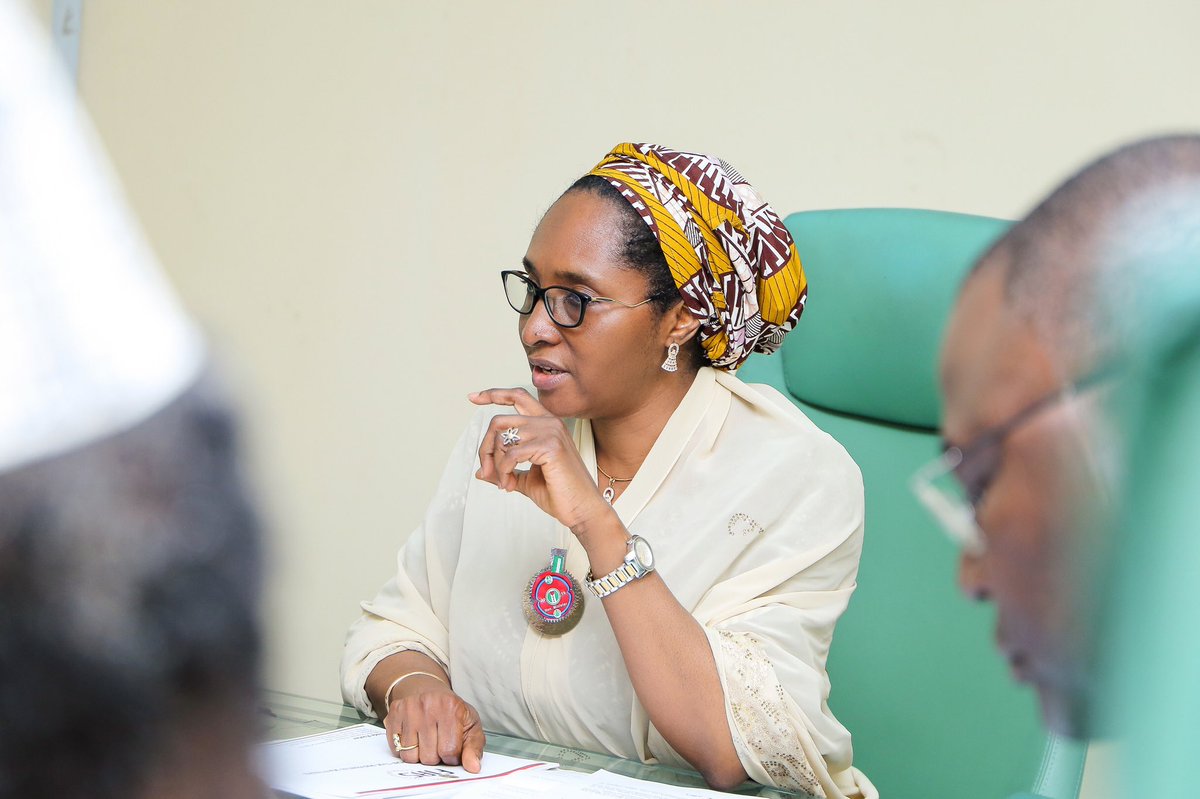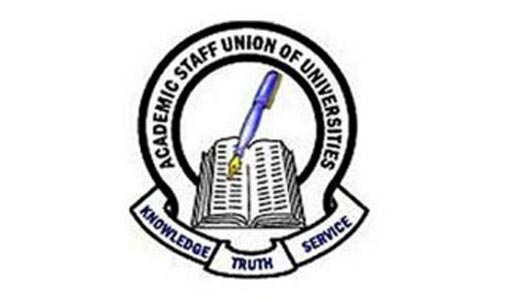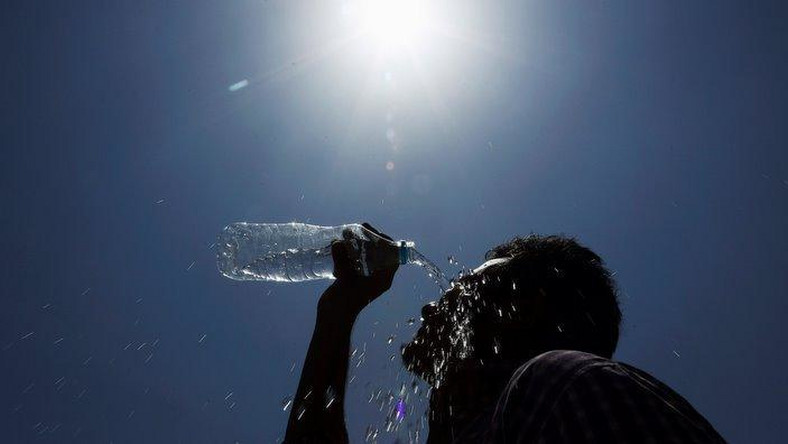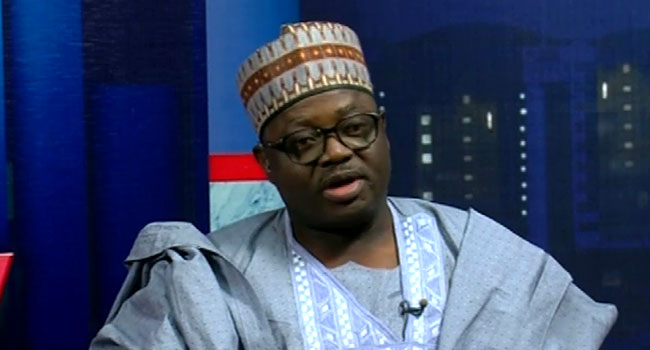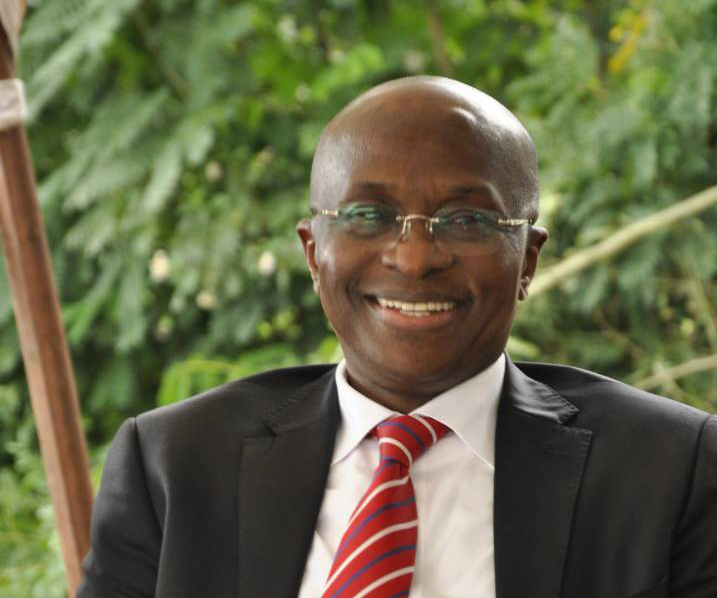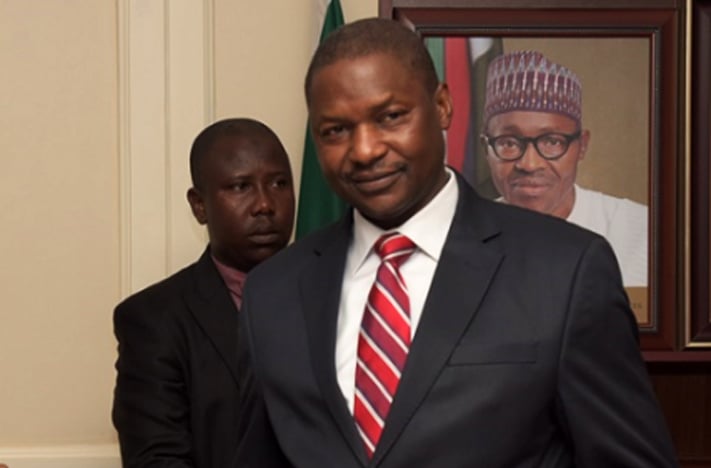Finance ministry: We're not aware of the alleged $3.5 billion subsidy fund | TheCable.ng
President Muhammadu Buhari’s bid to raise foreign loans for infrastructural projects is already in jeopardy as the gas supply agreement (GSA) between the Calabar Generation Company Limited and and Accugas Ltd has gone awry over about $66 million unpaid invoices, TheCable can report.
Accugas has now issued a notice of non-payment in respect of gas supply to Calabar GenCo, owned by Niger Delta Power Holding Company (NDPHC) Ltd.
This is the first step in activating the World Bank partial risk guarantee (PRG) signed by the federal government under the GSA.
Nigeria’s credit rating is now at risk with the cost of foreign borrowing likely to go up — and the $118 million sovereign guarantee could be called in by JP Morgan, thereby putting the nation’s foreign assets at risk.
Advertisement
This is coming at a particularly worrisome time for the federal government, which has just posted a bond of $200 million with a London court in respect of the $9.6 billion judgement against Nigeria in its case with Process & Industrial Development (P&ID) Limited.
Under the GSA signed in May 2017, Nigeria is obliged to pay Accugas over $10 million monthly with or without gas supply to the Calabar GenCo.
In a letter dated November 25, 2019 and signed by Ian Brown-Peterside, its managing director, Accugas said it was invoking “clause 18.5.1 of the Natural Gas Sales Agreement dated 12th May 2017 between Accugas Limited (the “Seller”) and Calabar Generation Company Limited (the “Buyer”) and also to Clauses 3 and 4.1 of the Support Agreement dated 12th May 2017 between the Niger Delta Power Holding Company Limited (“NDPHC”), the Buyer, Seller and Nigerian Bulk Electricity Trading Pie (“NBET”).
Advertisement
“Terms defined in the Support Agreement have the same meaning in this letter. (1) A Monthly Invoice of USD 3,887,293.84 dated 18th February issued by the Seller and received by the Buyer on 14th March 2019, of which the undisputed balance of USD 643,332.03 is outstanding and overdue for settlement (the “Invoice”); (2) Payment in respect of the Invoice was due on 13th April 2019. (3) A Dispute Notice has not been received in connection with the Invoice by the expiration of the Due Date. (4) The following Guaranteed Payment is required to be paid into account details provided below.”
Brown-Peterside said “in the event that the above Guaranteed Payment is not paid into the aforementioned account within seven days, we shall have the right pursuant to Clause 1 of the Support Agreement to make a withdrawal under the IDA PRG L/C.”
He also said “this notice of non-payment does not include a demand in respect of interest or any sums other than the Guaranteed Payment”.
Accugas attached all the unsettled invoices to the notice.
Advertisement
The letter was sent to the Calabar GenCo, NDPHC and NBET and copied to the International Development Association (World Bank), JP Morgan Chase Bank (London branch) and Nigeria’s minister of finance, Zainab Ahmed.
LETTER TO FINANCE MINISTER
Same day, Brown-Peterside wrote to Ahmed, maintaining that Accugas “has no alternative but to submit Notices of Non-Payment under the Calabar GSA in respect of the unpaid invoice amounts”.
The letter, seen by TheCable, read: “Honorable Minister, We refer to previous correspondence on this matter, and in particular Accugas’ letter to the Honourable Minster dated 11 October 2019 (with reference AGAS/G&C/OTHR/074/19) and NDPHC’s letter to the Honourable Minister dated 28 October 2019.
Advertisement
“Throughout 2019, Accugas has worked continuously with NDPHC in relation to the operational sustainability of the Calabar GSA and we would like to state, and put on record, our absolute recognition and sincere appreciation of the tremendous efforts made by NDPHC in this regard. Furthermore, we reaffirm our commitment to continuing to work with NDPHC,and other stakeholders in the sector, to ensure the sustainable success of the Calabar GSA and the broader ‘gas to power’ sector.
“Despite the best efforts of NDPHC (and NBET), which have ensured ‘market share’ payments being made to Accugas in 2019, there remains significant balance of payments due to Accugas under the Calabar GSA.
Advertisement
“As of the date of this letter, Accugas has invoiced $88.2 million for gas supply from January – September 2019, of which $19.88 million has been paid. Of the remaining $68.31 million balance, $1.7 million relating to foreign exchange losses is being disputed by Calabar, leaving a balance of $66.61 million immediately due and payable. Please see Schedule 1 to this letter (Payment Status of the Calabar GSA).
“As outlined in previous correspondence in relation to this matter, Accugas has significant debt obligations (relating directly to its investment in gas supply infrastructure) to its lenders due before the end of 2019 and the company is main source of funds is revenue due under the Calabar GSA. As such, Accugas has no alternative but to submit Notices of Non-Payment under the Calabar GSA in respect of the unpaid invoice amounts.
Advertisement
“We understand the Federal Government is making great efforts to support the liquidity challenges in the sector including in particular, reinstatement of the Payment Assurance Facility. We are extremely grateful for this support and we confirm our steadfast commitment to continuing to work with NDPHC and other relevant government agencies towards finding a lasting solution to these challenges.
“We would also like to reiterate Accugas’ commitment to and support for the Federal Government’s ongoing efforts to ensure increased and sustainable electricity supply to the entire country.”
Advertisement
The letter was copied to Vice-President Yemi Osinbajo, who is the chairman of NDPHC, owners of Calabar GenCo.
Add a comment

